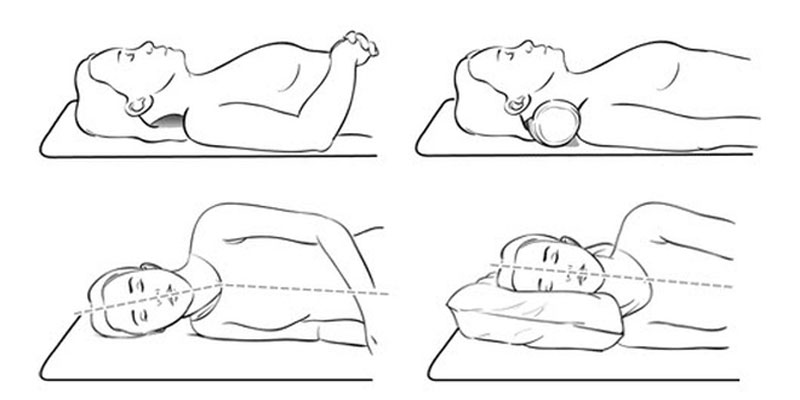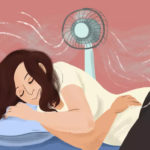Most of us are accustomed to using a pillow when sleeping. However, several studies have shown that sleeping without a pillow can offer unexpected health benefits. Let’s explore these advantages in this article!
1 Benefits of Sleeping Without a Pillow

– Sleeping without a pillow helps elongate your spine, allowing your body to rest in a natural position without any discomfort.
– It also reduces morning body aches and keeps your facial skin clear and healthy. Additionally, it prevents hair breakage and damage.
– According to the University of Rochester Medical Center, when you sleep with a pillow, most of your weight is concentrated in the middle of your body, causing stress on your back and neck. Sleeping without a pillow improves sleep quality, relaxes your body, and leads to a stronger spine and neck.
2 So, Which is Better: Sleeping With or Without a Pillow?

However, according to Tuck.com, a website dedicated to sleep research, the benefits of sleeping with or without a pillow depend on your sleeping position.
– If you sleep on your side: Using a pillow is recommended. Opt for a thicker pillow to keep your head and neck aligned with your spine. Without a pillow, the weight of your head can cause neck strain and misalignment with the spine.
– If you sleep on your back: You still need a pillow, but choose a thinner one to maintain a straight line from your head, neck, and back. Avoid thick pillows that may tilt your head forward.
– If you sleep on your stomach: According to Tuck.com, this is the only position where you don’t need a pillow. Although sleeping this way can reduce snoring and prevent sleep apnea, it is considered the least ergonomic position as it misaligns your neck and head with your spine.
While there isn’t extensive research on this topic, the choice between sleeping with or without a pillow ultimately depends on personal preference. Choose a sleeping position that suits your comfort and body’s needs!
Tips for Keeping Cool on a Hot Summer Day
As extreme weather patterns become increasingly common, many are struggling to find ways to cope. With temperatures in our country rising and cooling far beyond what used to be considered normal for the season, winter often feels like spring and summer can be oppressive and sweltering. How can we prepare for and manage the drastic shifts in climate?





































